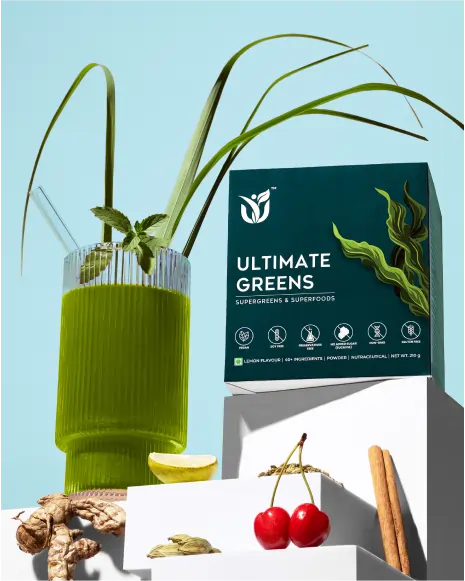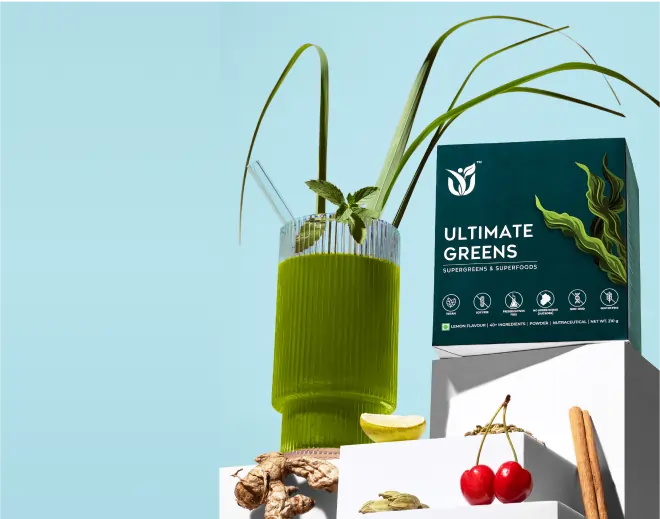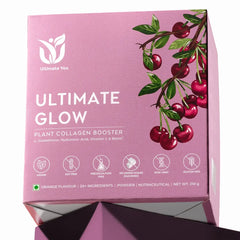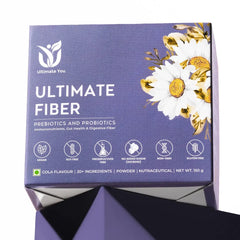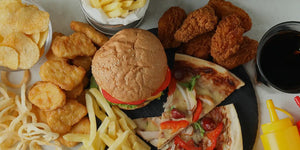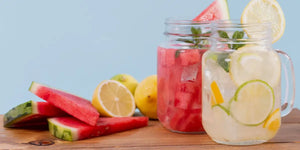Did you know that about 60% of the human body is water and that even a 1–2% drop in hydration can lead to fatigue, headaches, and reduced concentration?
Staying hydrated isn’t just about drinking water—it’s about maintaining a balance of electrolytes like sodium, potassium, magnesium, and calcium. These minerals regulate fluid levels, nerve signals, and muscle function, making them essential for overall health.
Studies show that 75% of people don’t drink enough water daily, leading to dehydration-related symptoms like dizziness, muscle cramps, and even mood changes. While drinking enough water is crucial, eating hydrating foods can also help restore electrolyte balance. These foods provide both water and key minerals, keeping your body energized and well-hydrated.
Here are 9 hydrating foods that help maintain electrolyte balance and prevent dehydration.
1. Watermelon
Watermelon is one of the most hydrating foods, consisting of 92% water. Beyond hydration, it’s packed with potassium and magnesium, two vital electrolytes that support fluid balance and muscle function. It also contains lycopene, a powerful antioxidant that helps reduce inflammation and protect cells from damage. The natural sweetness of watermelon makes it a refreshing way to stay hydrated, especially during hot summer months.
How to Enjoy?
- Eat it fresh as a snack
- Blend it into a smoothie
- Make a refreshing watermelon salad with mint
2. Coconut Water
Coconut water is often referred to as "nature’s sports drink" because it’s rich in potassium, sodium, calcium, and magnesium—all of which are crucial for replenishing electrolytes lost through sweat. Studies show that coconut water hydrates just as effectively as commercial sports drinks but without added sugars. It’s also great for preventing muscle cramps and maintaining blood pressure.
How to Enjoy?
- Drink it post-workout to replenish electrolytes
- Use it as a base for smoothies
- Mix with chia seeds for a hydrating drink
3. Cucumber
Cucumber is composed of 96% water, making it one of the most hydrating vegetables. It provides potassium to regulate fluid balance, magnesium for muscle relaxation, and silica, which supports skin hydration. Cucumbers are low in calories and high in fiber, making them a great hydrating snack that also supports digestion.
How to Enjoy?
- Add cucumber slices to water for a refreshing twist
- Toss into salads for extra crunch
- Eat with hummus as a healthy snack
4. Oranges
Oranges are a fantastic hydrating fruit, containing 88% water along with potassium to maintain fluid balance and vitamin C, which is an essential co-factor for collagen synthesis and to boost immune function.
They also provide natural sugars that offer a quick energy boost, making them an excellent snack for athletes or anyone needing a pick-me-up. The combination of hydration and electrolytes in oranges helps prevent dehydration and muscle fatigue.
How to Enjoy?
- Eat whole oranges as a snack
- Drink fresh orange juice (without added sugar)
- Add orange slices to salads for a citrusy touch
5. Spinach
Leafy greens like spinach contain 91% water and are packed with electrolytes like magnesium and calcium. Magnesium helps reduce muscle cramps and promotes relaxation, while calcium is essential for nerve function and muscle contractions. Spinach is also high in iron, which supports oxygen transport in the blood, keeping your energy levels stable.
How to Enjoy?
- Blend into smoothies for a nutrient boost
- Add to salads or sandwiches
- Saute with garlic for a healthy side dish
6. Bananas
Bananas are one of the best sources of potassium, an essential electrolyte that helps prevent muscle cramps, regulate fluid balance, and support heart function. This makes bananas a go-to food for athletes or anyone experiencing dehydration-related fatigue. Their natural sugars provide an instant energy boost, while their fiber content helps with digestion.
How to Enjoy?
- Eat as a pre- or post-workout snack
- Blend into smoothies for extra creaminess
- Freeze and blend for a natural ice cream alternative
7. Tomatoes
Tomatoes contain 95% water and are rich in potassium and sodium, two electrolytes that help maintain hydration. They are also a great source of lycopene, an antioxidant that protects cells from damage caused by dehydration-related stress. Including tomatoes in your diet can help restore lost electrolytes, especially after exercise or excessive sweating.
How to Enjoy?
- Add fresh tomatoes to salads
- Make homemade tomato juice
- Blend into a chilled gazpacho
8. Yoghurt
Yoghurt is a hydrating food with 85% water content, along with calcium and sodium—both important for fluid retention and muscle function. It also contains probiotics, which support gut health, aiding in the absorption of electrolytes. Greek yoghurt, in particular, has higher protein levels, making it a great recovery food after exercise.
How to Enjoy?
- Eat plain yoghurt with fruit for a refreshing snack
- Make a smoothie with yoghurt and hydrating fruits
- Use as a base for salad dressings and dips
9. Celery
Celery is 95% water and naturally contains sodium, potassium, and magnesium, making it a great electrolyte-rich snack. It’s also packed with fiber, which helps with digestion and gut health. Despite being low in calories, celery is a powerful hydrator that supports overall fluid balance in the body.
How to Enjoy?
- Snack on celery sticks with nut butter
- Add to soups for extra hydration
- Juice it for a hydrating morning drink
Final Thoughts
Hydration isn’t just about drinking enough water—it’s about maintaining a healthy balance of electrolytes that support nerve function, muscle contractions, and overall energy levels. Foods like watermelon, coconut water, cucumbers, oranges, and spinach not only hydrate but also supply essential minerals to keep your body functioning optimally.
Incorporating these hydrating foods into your diet can help prevent dehydration, keep energy levels high, and support overall health—all while enjoying delicious, nutrient-rich meals!
Disclaimer
The information provided is for educational purposes only and is not intended to be a substitute for medical treatment. If you're pregnant, nursing, taking medication, or have a medical condition, it's better to consult a healthcare professional. Ultimate You does not provide any guarantee regarding the accuracy, adequacy, completeness, legality, reliability, or usefulness of the information and disclaims any liability arising from it.


